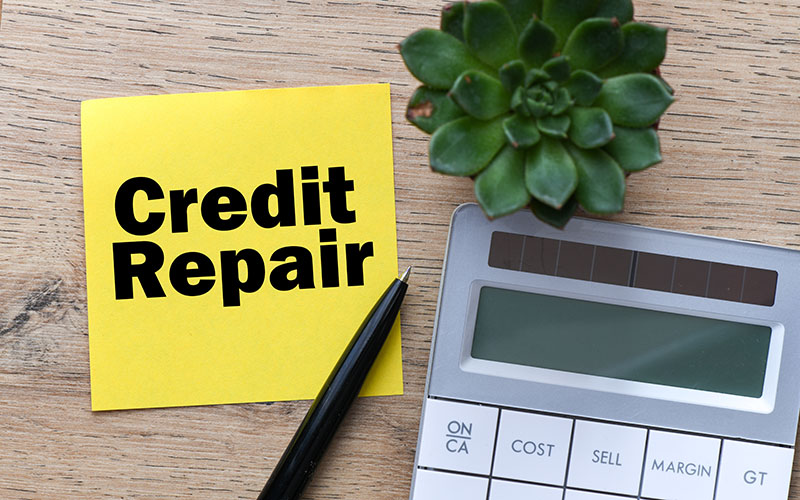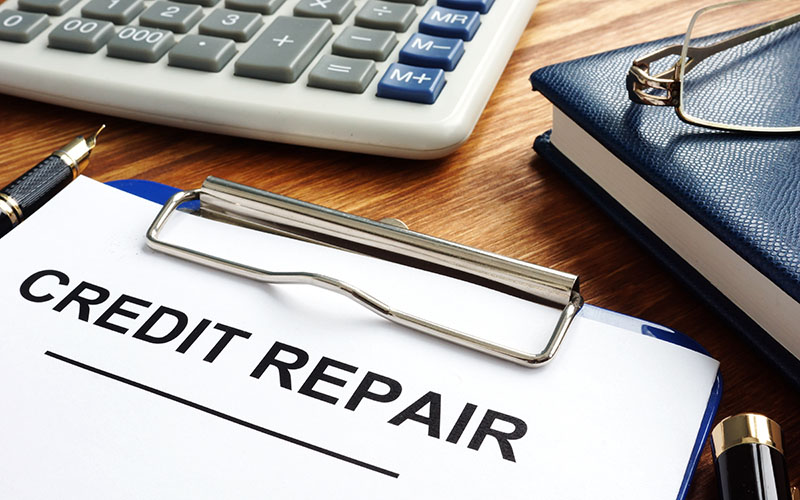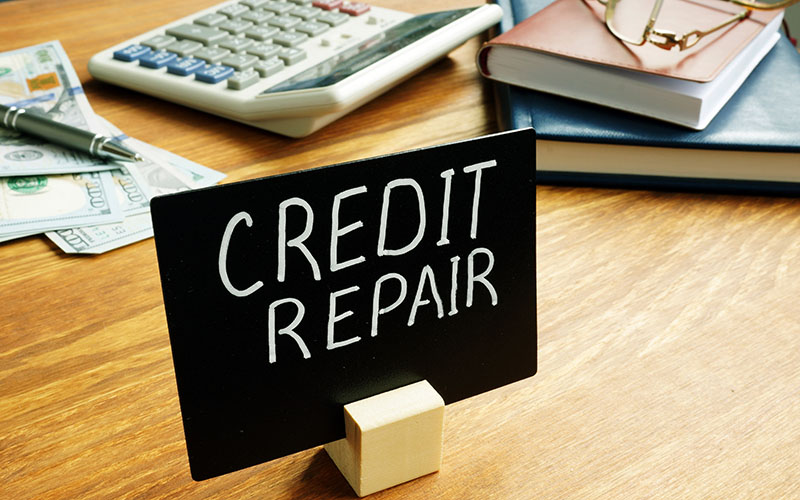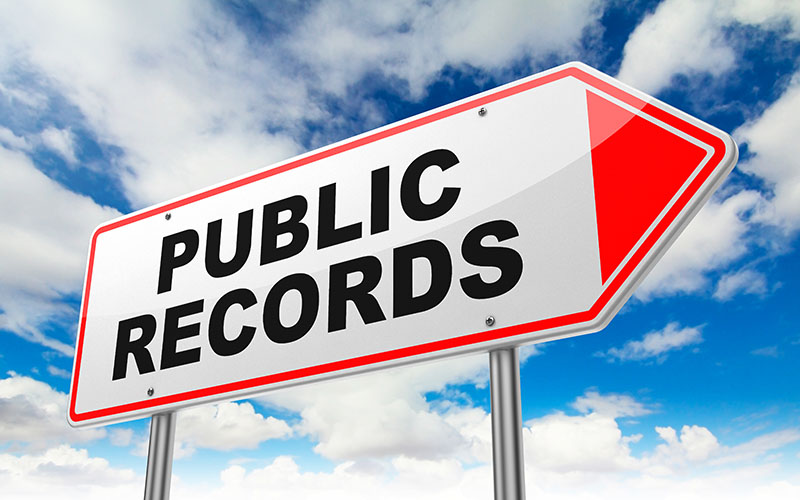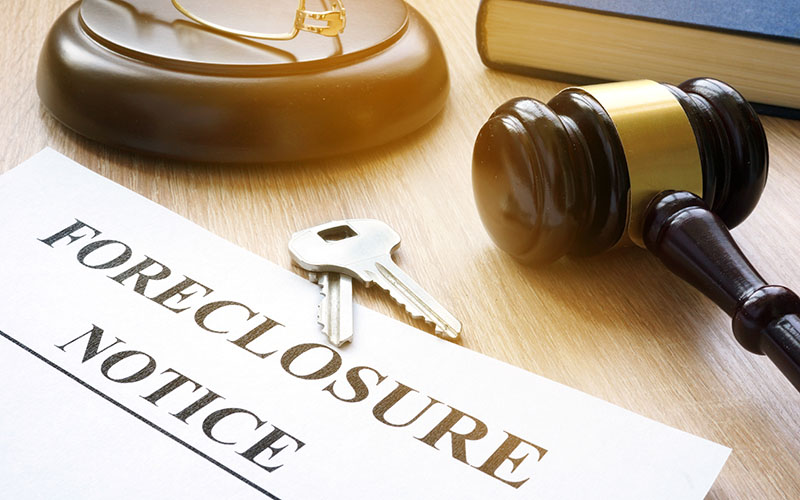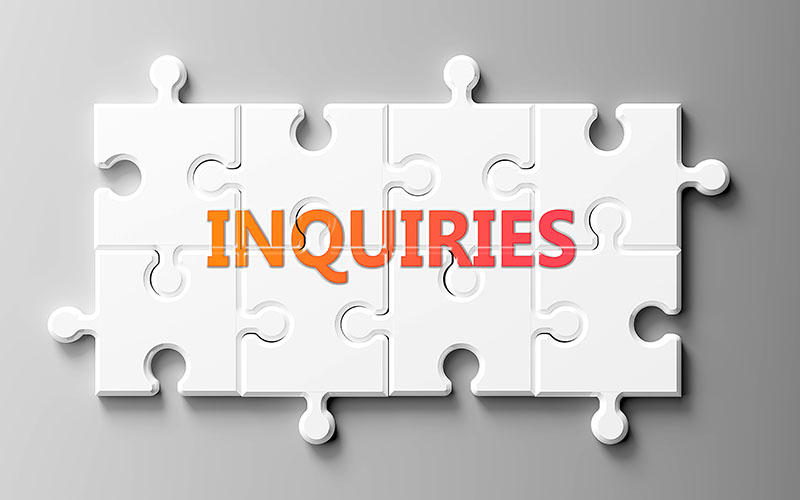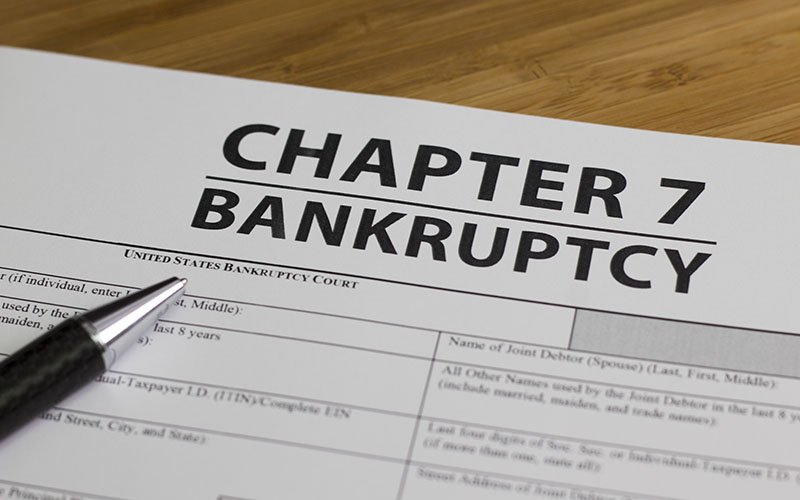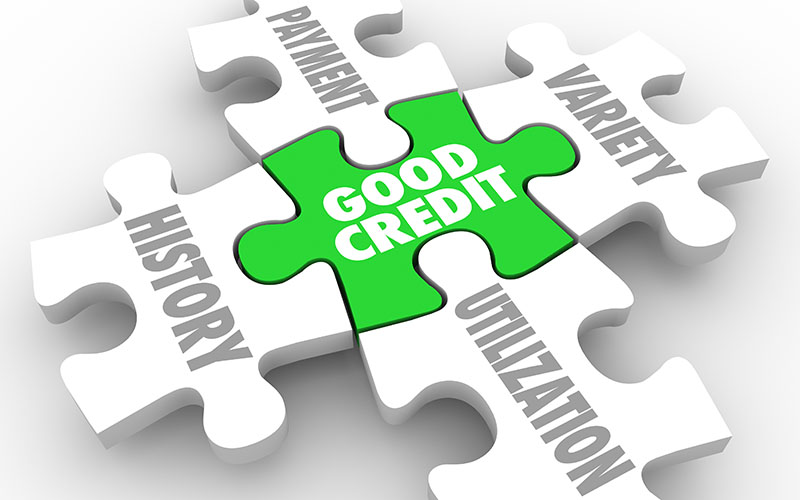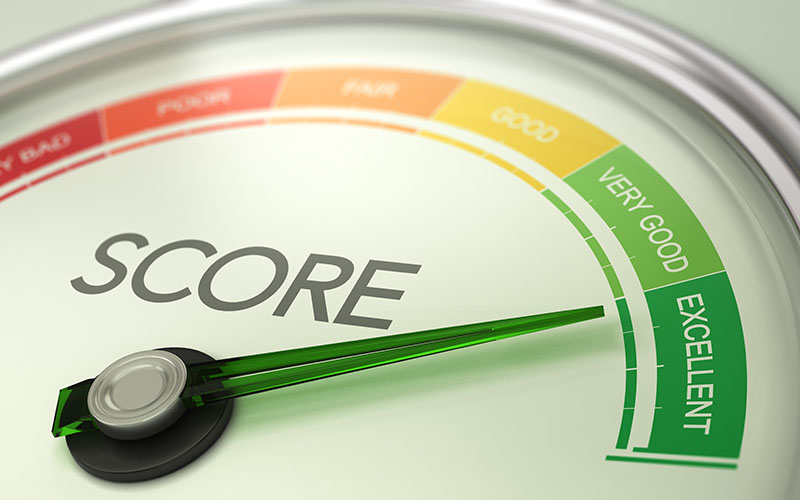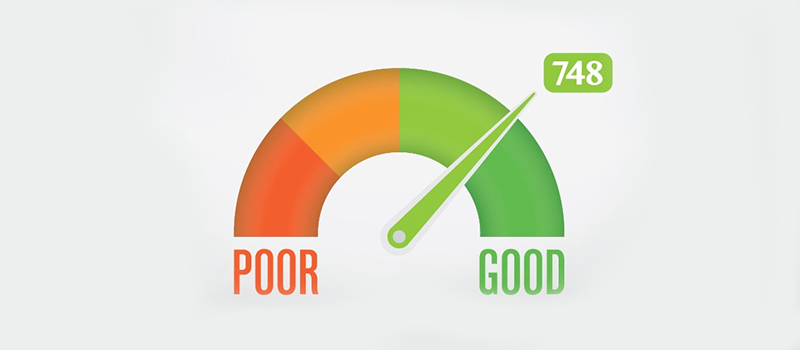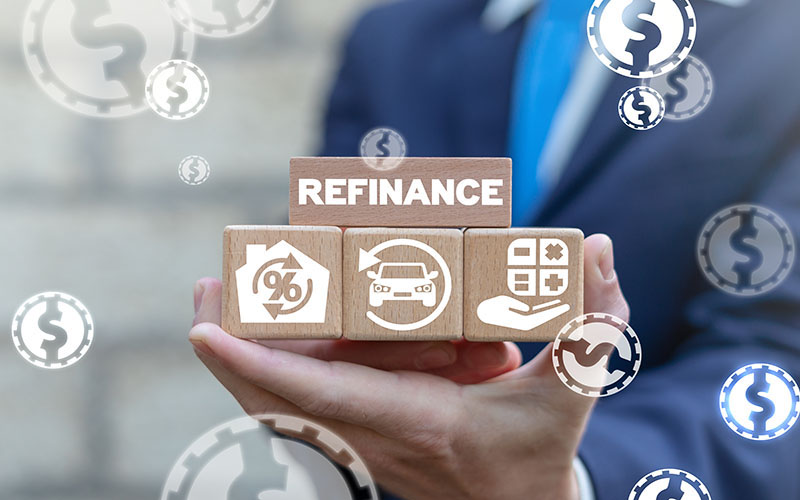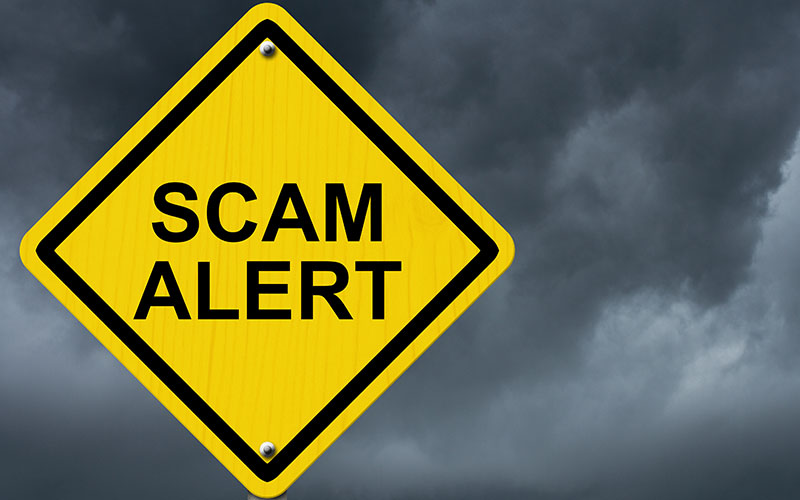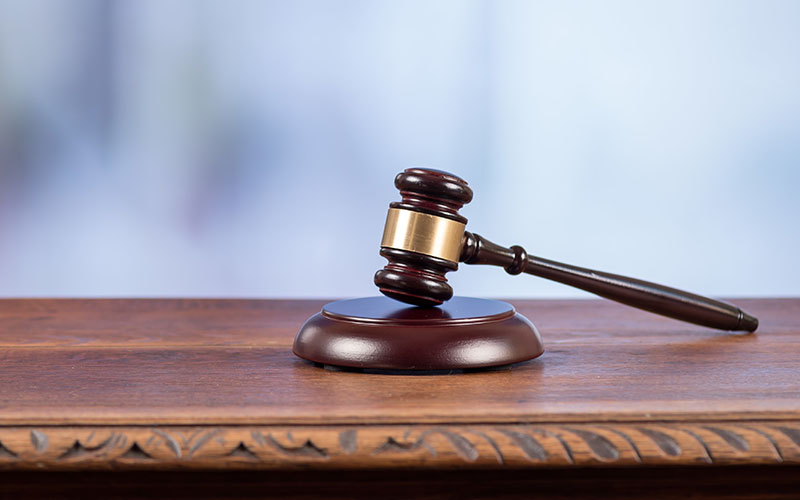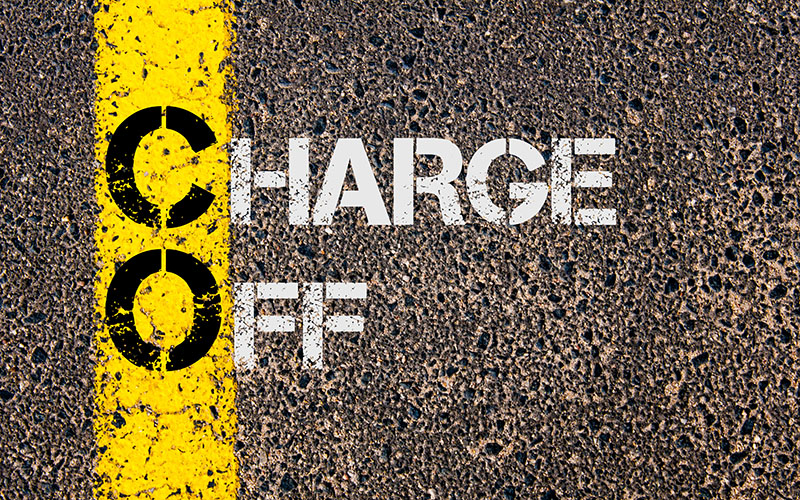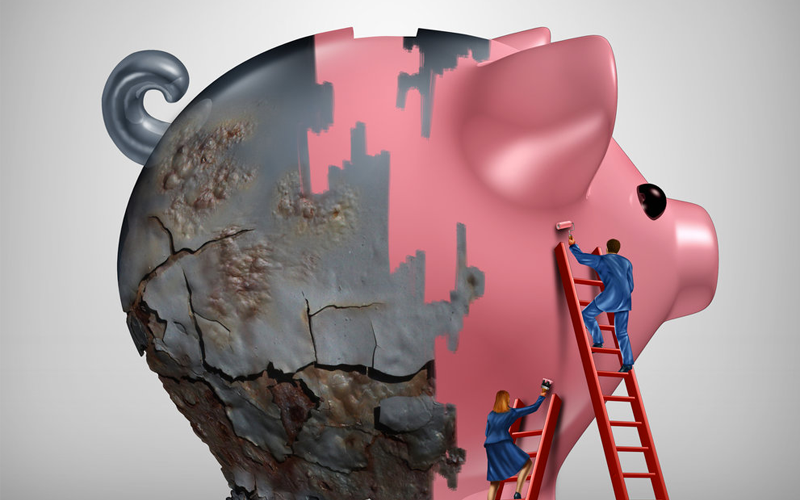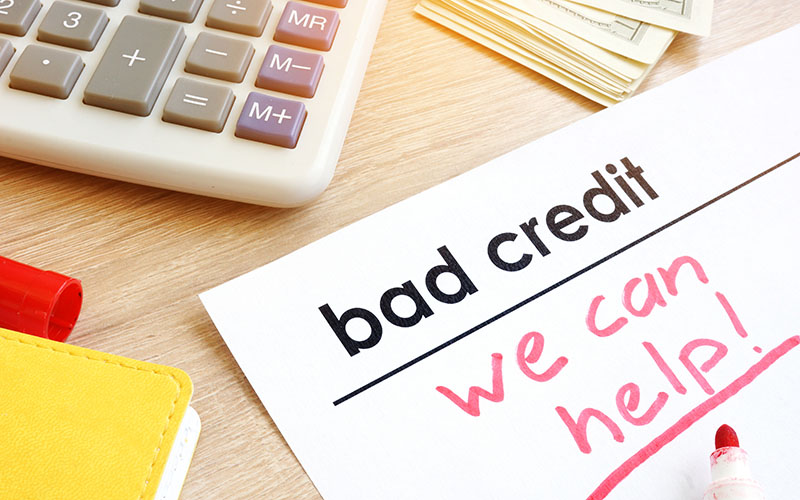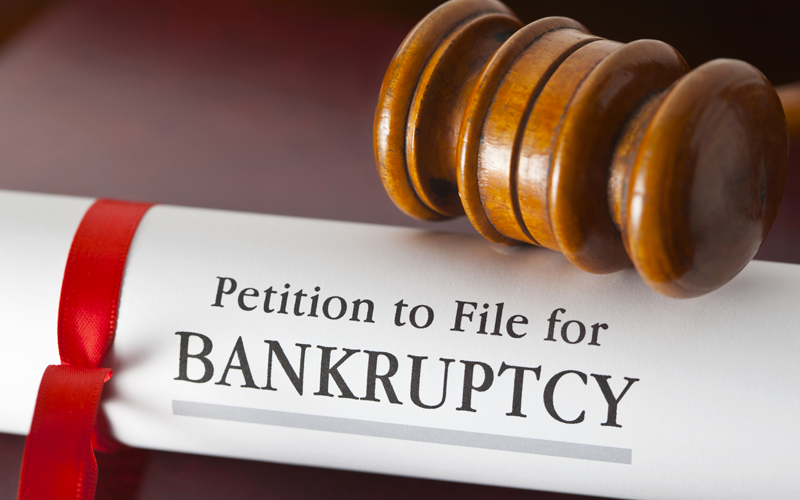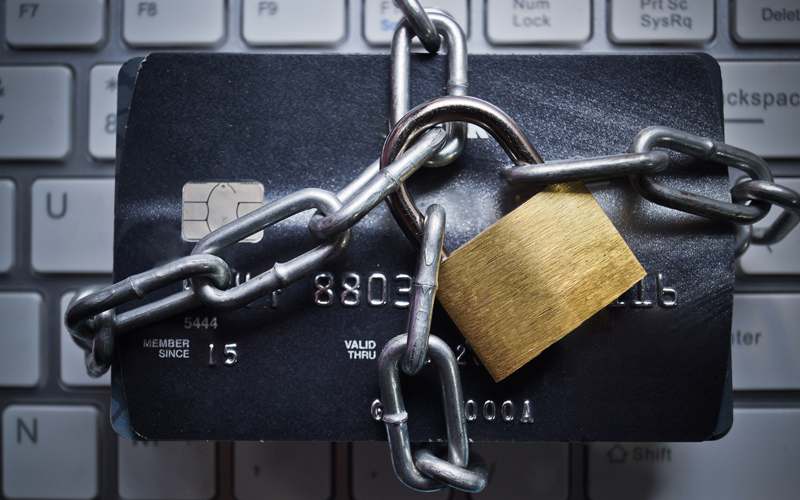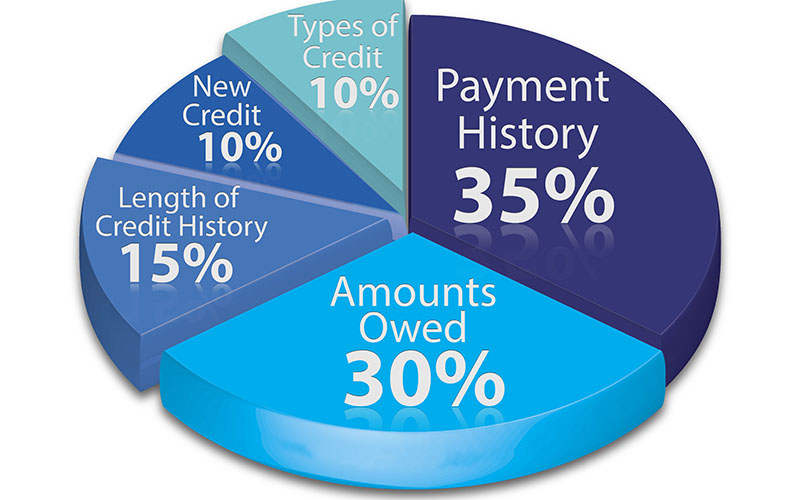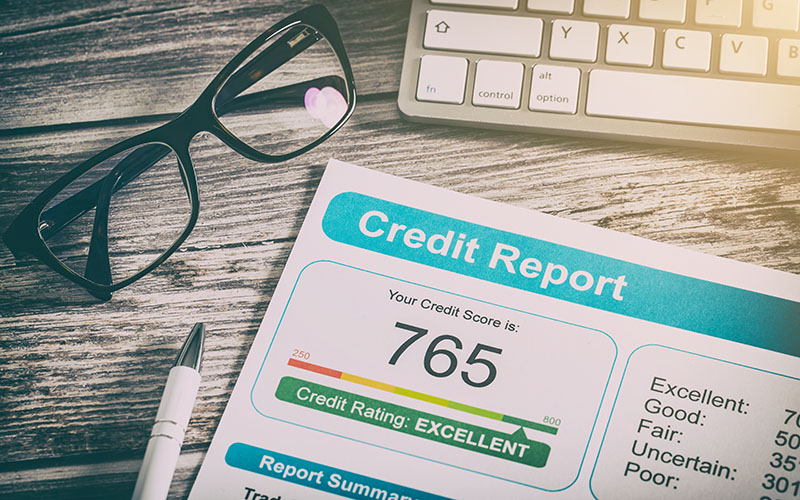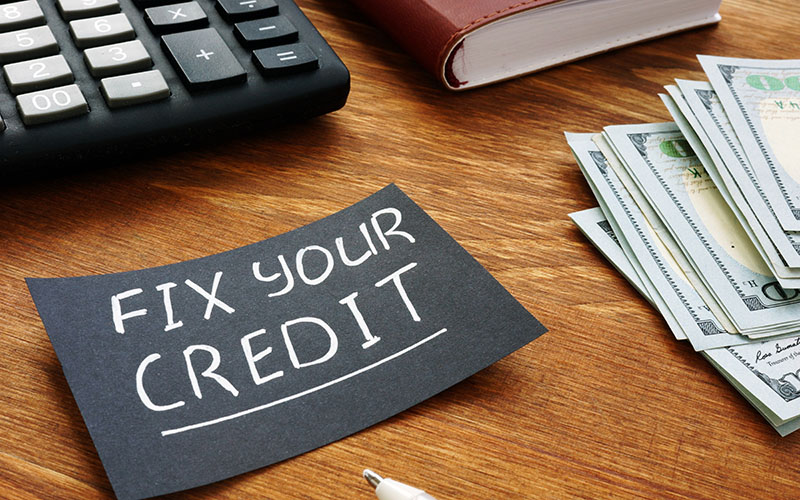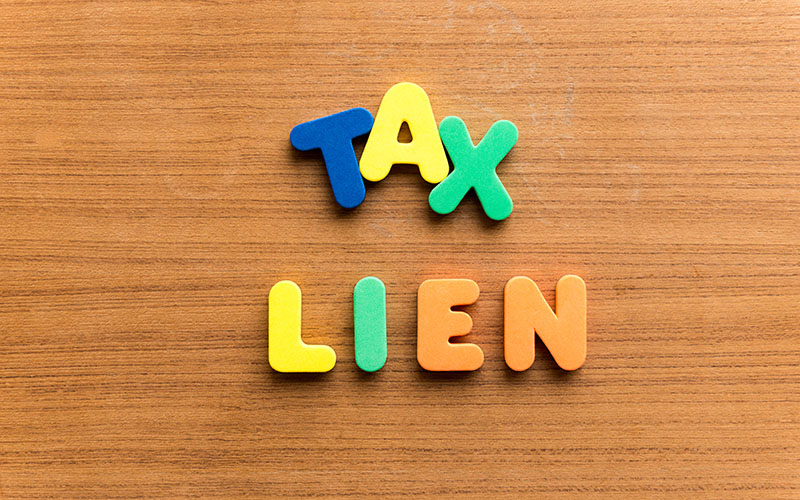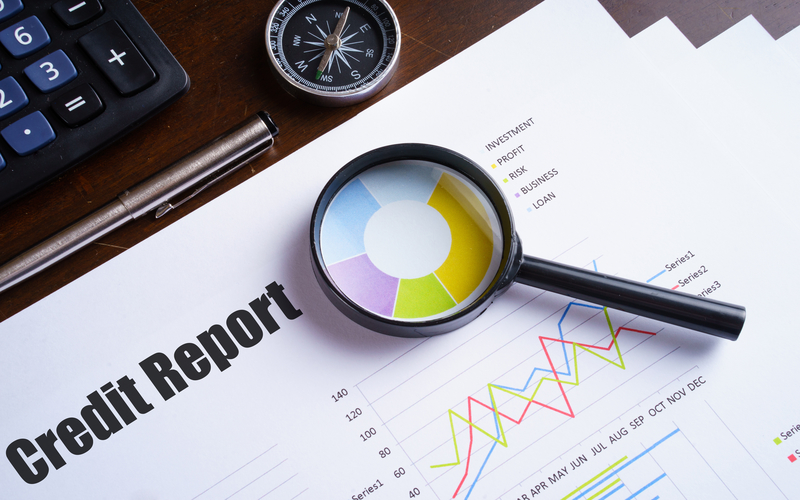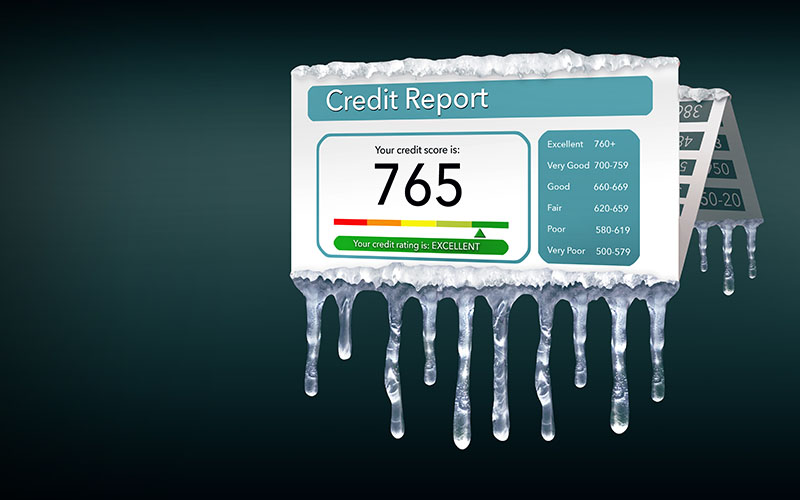How To Remove Late Payments From Your Credit Report In 2024
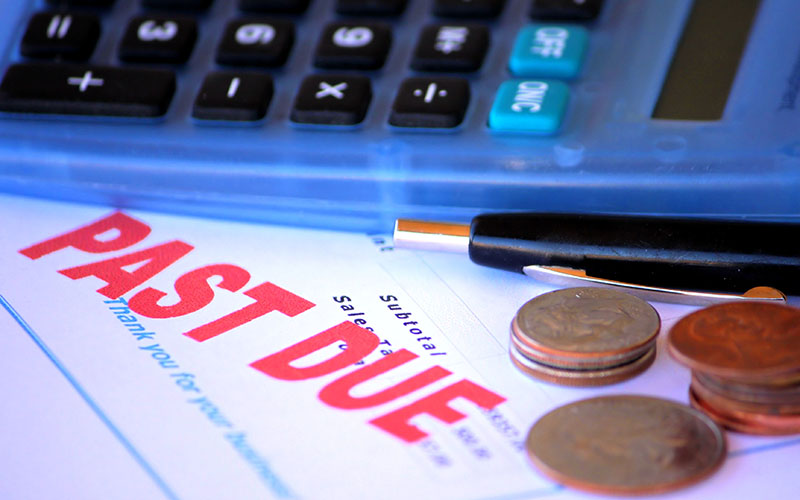
Late payments are a major derogatory mark on your credit report and have a negative effect on your credit score. This can have serious consequences, including making it difficult for you to qualify for the best loan terms and interest rates.
Late payments, like most other negative items, stay on your credit reports for seven years. The initial damage caused by a late payment isn't as severe as an older payment. For example, accounts that are 30 to 60 days late aren't going to damage your credit as much as an account that is 90 days past due.
A late payment over 90 days damages your credit severely and is on par with bankruptcy, collections, tax liens, judgments, and repossessions.
An account that is over 120 days late won't cause additional damage as a late payment, but it will usually be charged-off (written off as a loss) and sold to a collection agency. Both charge-offs and collections (which have either been sold to a third-party or are now the responsibility of an internal collection department) are additional items that negatively impact your credit more.
Charge-offs show creditors that you didn't pay your account as initially agreed, even if you eventually pay off the debt. If you don't pay off your debt, creditors and third-party collectors can continue to try to collect as long as they are within your state's statute of limitations.
Car repossessions and home foreclosures are also considered to be serious debts and can damage your credit greatly for up to seven years.
How Do I Know If I Have Late Payments?
Your credit reports show a detailed overview of your credit history and standing. They show your positive credit history (which stays on your credit report indefinitely) along with any negative items like late payments.
The three major credit bureaus (Experian, Equifax, and TransUnion) issue a credit report based on your payment history and other important financial information.
The most commonly used scoring model is the FICO score, which is used by creditors to determine your eligibility for credit cards, loans, and the interest rates you qualify for. The higher your credit score, the lower your interest rates.
Your FICO score is broken down in the following way:
- Payment history: Your payment history is the most significant factor in your FICO credit score. 35% of your credit score is based on whether you pay all of your bills monthly. Your credit report lists all of your accounts over the past seven years, such as credit cards, loans, and mortgages. Cell phone and utility companies generally only report late payments while other companies report both on-time and late payments. Late payments are listed with how late they were (30, 60, or 90+ days). As we mentioned earlier, a single late payment can damage your credit for up to 7 years and the later your payment, the more your credit is negatively impacted.
- Total debt: 30% of your credit score is how much total debt you owe. Lenders check your credit utilization (also known as your debt-to-credit ratio) to determine your loan amounts and interest rates. Ideally, you want to use less than 30% of your available credit since high credit utilization results in a negative impact on your credit score.
- Length of credit history: 15% of your credit score is based on the length of your credit history. Lenders view you as a more reliable borrower if you have a longer credit history. Your credit history shows the length of accounts such as credit cards and loans. However, your rent payments aren't taken into account unless the credit bureaus offer a rental reporting services to use for your credit applications.
- New credit: 10% of your credit score is determined by your new credit and the new credit inquiries you have submitted in the previous two years. Inquiries take off around five points from your credit score unless multiple ones were made around the same time period, in which case it is only counted as a single inquiry since it shows that you were shopping for the best interest rate.
- Credit mix: 10% of your credit score is determined by the types of credit you have. Each credit type is weighed differently. For example, revolving debt (like credit and retail cards) is weighed more heavily than installment loans (such as mortgages and student loans). Loans with collateral show that you are much more committed to paying them off. Similarly, student loans are viewed in a positive light since they show an investment in your future earning potential.
You can acquire your credit reports through various methods. The FTC allows you to receive a free copy of your credit reports from the three bureaus once a year at www.AnnualCreditReport.com. You simply have to enter in some personal information and answer a few security questions. You can receive your credit report either by downloading them or requesting for a hard copy to be sent by mail.
Your credit reports show positive credit history indefinitely while negative items generally remain on your credit report for seven years. Credit reports show your personal information that includes your name, address, lines of credit, loans, and any negative items. Delinquent accounts on your credit report will show how late they are (30, 60, or 90+ days).
While late payments have a serious negative impact on your score, the initial impact of late payments become less severe over time, especially if you are practicing good financial habits.
When looking through your credit reports, look for any incorrect late payments or late payments that have passed the seven-year mark. An incorrect item may be something like a bill that was paid on time but reported as late or had the wrong date listed. In this case, try to find documentation to verify that you did pay it on time.
Be sure to check all three credit reports from the major bureaus. Creditors don't always report to all three bureaus so the information on each credit report may vary.
Below, we break down what you can do to take care of any late payments.
How Do I Remove Late Payments?
There are several ways to go about removing late payments. If you find unverifiable items, you can dispute them with the bureaus to have them removed. Even if they are correct, you may have a small chance of removing them. Here's how:
- Ask for a removal: Consider simply asking your lender to take the late payment off your credit report. You can call your lender and ask to have the late payment removed. Ask to speak with a department who can assist you and state your reasoning in a respectful and polite manner.
- Ask for a goodwill deletion: If you have an excellent credit history, then you may consider asking for a goodwill deletion. Goodwill deletions can be tough due to the fact that creditors must report everything correctly. However, a goodwill letter lets you explain why you believe the payment should be removed. Go into detail about any hardships or if your finances have changed for the better since. For example, if you had a late payment due to a major event such as being in the hospital or dealing with a natural disaster, bureaus may be more likely to remove an item. When writing the goodwill letter, be sure to include your name, address, account number, and date. Explain your situation thoroughly and include any relevant information, such as if you were going through a hardship that caused you to miss a payment. Make sure to highlight your otherwise stellar payment history. Mention how you are managing your finances and what you plan to do to avoid this in the future. Include a reason as to why you are asking for the goodwill deletion (example: if you need to improve your credit because you plan on applying for a loan or mortgage). Send your letter through certified mail. You can find the address needed on your credit report or the creditor's website. Goodwill letters have a chance of being successful if you pay your bills on time and the late payment was a one-time occurrence. If you have a history of late payments, this is much less likely to work.
- Pay off your debt: Be sure to pay off any late payments on your credit report. Unpaid accounts can turn into charge-offs and collections that further damage your credit.
-
Dispute with your creditors and the bureaus: The FCRA (Fair Credit Reporting Act) gives you the right to dispute with the bureaus. If you find any information on your credit report that is incorrect or unverifiable (such as items that had incorrect dates or amounts entered), you can dispute these with the bureaus. You can repair your credit on your own or hire a credit repair service to do the time-consuming legwork for you.
If you dispute late payments on your own and you find unverifiable items, you can contact the creditor directly and ask if they will issue a correction and notify the bureaus. This process can be as simple as calling a creditor (such as your credit card issuer) and informing them of the error. You may have to provide documentation like a bank statement or bill. If your creditor can't verify your account history details, the derogatory mark can be removed and you should be refunded any of the late payment fees you paid. Ask for written verification that the late payment was an error by the lender and check your credit report in a month or two to make sure the changes were implemented.
If your lender either can't or won't file the disputes directly, you can also contact the credit bureau -- either by phone, mail, or online -- to issue a dispute.
When you submit a dispute with the bureaus, they will conduct investigations before submitting a response within 30 days. If they find that the item is incorrect or the bureaus don't respond in 30 days, it will be removed from your credit report.
To dispute online, you will need to create an account with each of the bureaus. If you are making disputes by mail, send the letter via certified mail to hold the bureau accountable to the 30-day timeline.
While you can call the bureau and ask what information you need to send, you will generally have to include the following information:- Your personal information such as your full name, date of birth, and Social Security number
- A copy of an ID card such as your driver's license
- A list of the addresses you have lived in during the past two years
- A copy of your credit report with the incorrect account(s) listed
- A list of the incorrect items on your credit reported along with their account numbers and the reason you believe they are inaccurate
- Any copies of supporting documentation such as a statement from your bank or lender
- Your letter should include the date, your name, address, Social Security number, and the name of the credit bureau and address. Make sure to explain your situation in a polite and thorough manner. Include the account name, number, the name of the lender, the reasons why you believe the account is incorrect, and any documentation you are enclosing (including the credit report file number).
While individual results vary, it usually takes several weeks or months to see results.
-
Contact a professional: If you don't have the time or resources to do the legwork on your own, you can turn to a professional.
You can consult a licensed attorney in your area for any guidance and options or hire a reputable credit repair company to help remove erroneous late payments. For a more serious issue like identity theft, you may need the help of experienced professionals to assist with the complicated paperwork. For more information, the FTC has a helpful guide on how to deal with the aftermath of identity theft. - Negotiate: As a final effort, you may be able to negotiate with creditors to remove a late payment by offering some incentive in exchange. An example of this is setting up automatic payments to prevent a late payment in the future or paying down an old debt (plus the fees) with a high balance. (Note: receive any agreements in writing before paying a lender.) While many creditors may not agree to negotiations, it is certainly worth trying if you have exhausted all other options.
What Can I Do To Avoid Late Payments In The Future?
- Set your accounts to autopay: The best way to avoid a late payment is to prevent one. By setting your accounts to autopay, you can have peace of mind that your bills -- especially your credit accounts -- are being paid on time.
- Rebuild your credit: If late payments have damaged your credit, you are probably in need of credit repair. Improving your credit score will allow you to qualify for better loan terms and rates than fair credit or poor credit. While you have many ways in which you can improve your credit, we recommend credit repair as a way to remove unverifiable or incorrect items off your credit report.
- Monitor your credit: Aside from credit repair, it's important for you to check your credit score regularly. There are many credit monitoring services that keeps you updated on important changes in your credit report along with providing extra services like identity theft protection.
The Bottom Line
Late payments can seriously damage your credit but you have options. While you can reverse the damage on your own, reaching out to an accredited and reputable credit repair service can help remove those unsightly marks. To learn more, you can contact our top credit repair services for a free consultation and more information.
What are some benefits of a good credit score?
A good credit score can help you with the following:
- Renting a house or apartment (without putting down a hefty deposit)
- Your mortgage payments will be lower
- You will receive a lower down payment when you purchase a cell phone
- Your utility bills will be lower
- Your insurance premiums depend on it
- Potential employers may look at your credit history to determine reliability
- It will be easier to qualify for loans
- You will receive lower rates on loans
- You will qualify for better credit cards
What factors make up my credit score?
Your FICO is made up of five factors:
- Payment history: 35%
- Credit utilization: 30%
- Credit age: 15%
- New credit: 15%
- Types of credit: 10%
What negative items appear on my credit report?
Your credit reports can contain both positive and negative history. Items that negatively impact your credit include:
- Bankruptcies
- Charge-offs
- Collections
- Credit inquiries
- Foreclosures
- Judgments
- Late payments
- Loan defaults
- Past due payments
- Public records
- Repossessions
- Tax liens
How can I improve my credit?
- Consider credit repair and contact a credit repair service
- Always pay your bills on time
- Deal with past due accounts
- Reduce your credit utilization
- Keep old credit accounts open
- Open new credit (but avoid applying for too much new credit)
- Monitor your credit
Edited by:
Bryan Huynh
•
Product Tester & Writer

